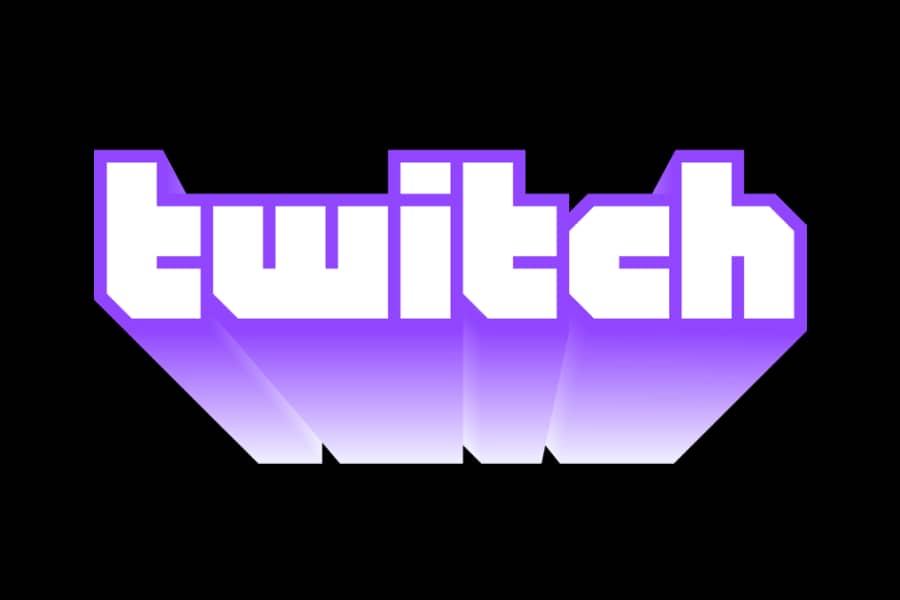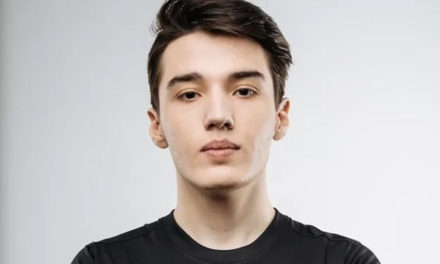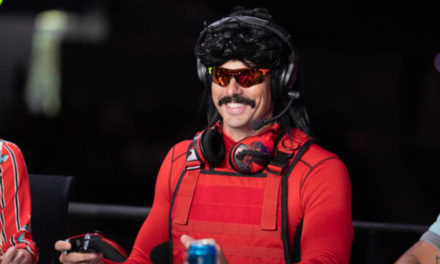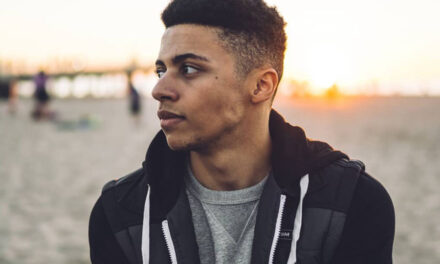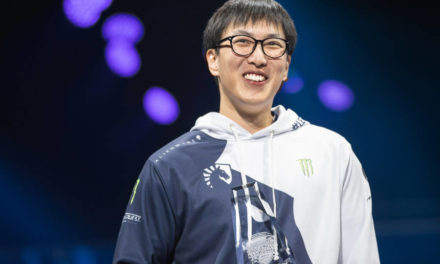Twitch appears to be planning new chat options for streamers in an attempt to combat the recent rise in hate raids.
Creators will soon be able to toggle what level of verification users need to chat in their streams, according to screenshots from Zach Bussey, a journalist who specializes in streamers, and streamer DraconTV (thanks, Kotaku).
These options can also be customized, allowing you to do a blanket verification for all chatters or adjust verification requirements based on account age, length of time following the streamer, or whether it’s their first time chatting on someone’s stream. Subscribers, VIPs, and moderators are all eligible for exemptions.
The potential changes follow a recent spike in hate raids, which were organized attacks aimed primarily at minority streamers. Bots inundate streamers’ chat rooms, spewing racial, sexist, and other epithets and obscenities. While chat filters can mitigate this to some extent, it’s still a relatively simple tool for bots to utilise.
The #ADayOffTwitch protest was born out of the hate raids and the platform’s initially slow response. On September 1, many creators abstained from streaming. Twitch saw a significant drop in viewership that day thanks to the combined efforts of smaller streamers and household names like HasanAbi and Kaceytron. Later, the platform filed a lawsuit against two “highly motivated” perpetrators of hate raids, CruzzControl and CreatineOverdose, who are thought to be European users.
During the peak of these raids, mobile verification was a popular suggestion among streamers and reports, and it came as a pleasant surprise to many that the platform is considering implementing it. Limmy described the potential changes as “very very good,” while Cohh Carnage described them as “solid options for having more control over our chats.”
However, this does not imply that the new solutions will be flawless. Phone verification can be a fine line to walk between streamer security and user privacy, and it’s a detail that some people don’t like disclosing online. Others, such as Michele Boyd, believe Twitch continues to put the onus on streamers to protect themselves from abuse.


